On March 16, elections to South Australia’s legislated ‘State First Nations Voice’ will be held with 113 candidates nominating for 46 positions in six ‘Local Voice’ regions. With the national ‘Voice to Parliament’ having retired to lick its wounded pride after receiving a drubbing in the referendum, this state Voice is something of a consolation prize courtesy of the state Labor government of Premier Peter Malinauskas.
South Australians voted 61.4
Already a subscriber? Log in
Subscribe for just $2 a week
Try a month of The Spectator Australia absolutely free and without commitment. Not only that but – if you choose to continue – you’ll pay just $2 a week for your first year.
- Unlimited access to spectator.com.au and app
- The weekly edition on the Spectator Australia app
- Spectator podcasts and newsletters
- Full access to spectator.co.uk
Or

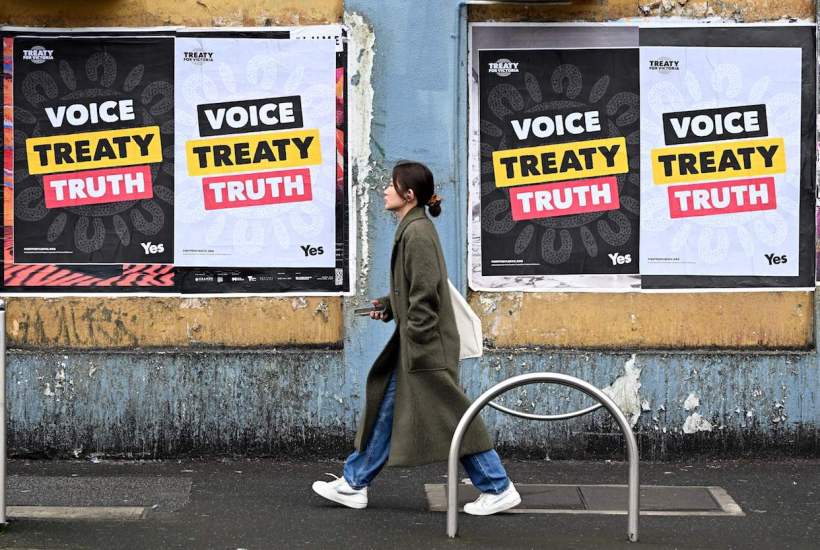
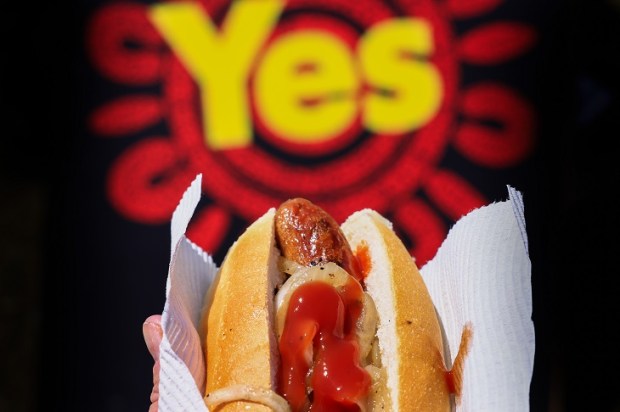

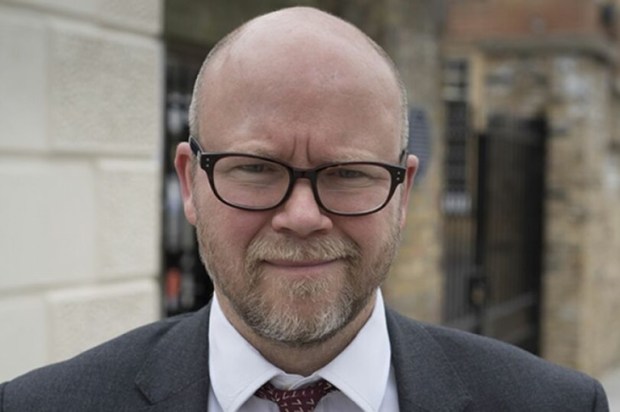
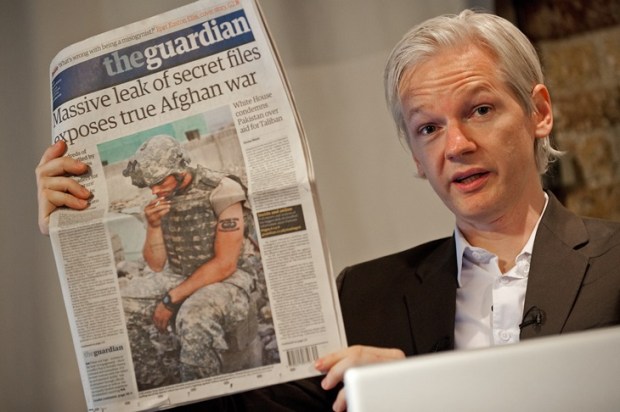
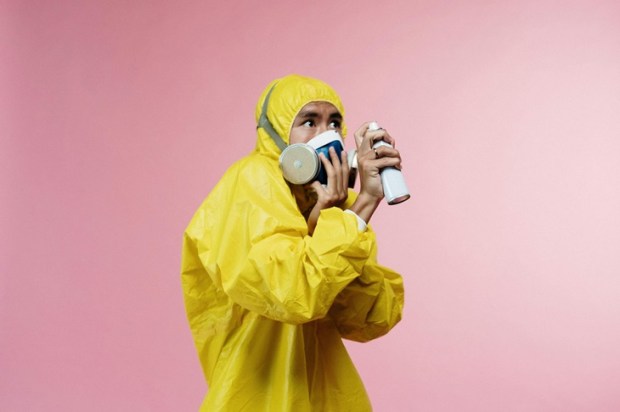
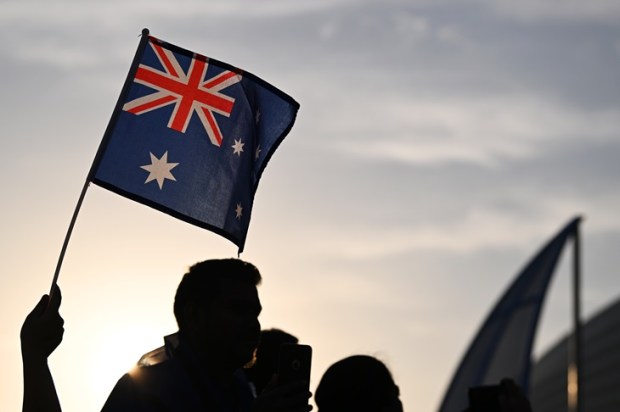


















Comments
Don't miss out
Join the conversation with other Spectator Australia readers. Subscribe to leave a comment.
SUBSCRIBEAlready a subscriber? Log in